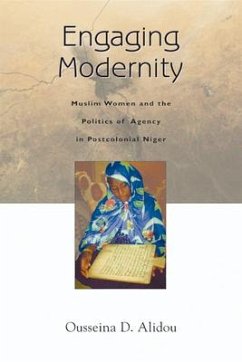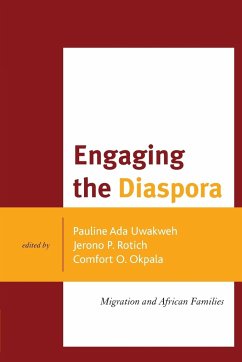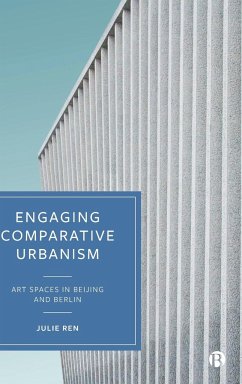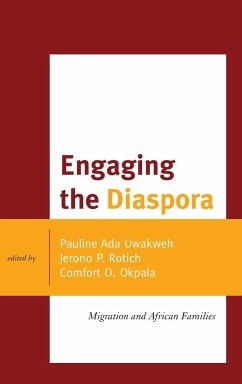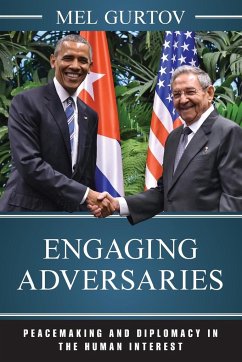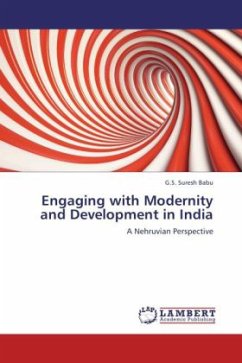
Engaging with Modernity and Development in India
A Nehruvian Perspective
Versandkostenfrei!
Versandfertig in 6-10 Tagen
32,99 €
inkl. MwSt.

PAYBACK Punkte
16 °P sammeln!
It is well known fact that moderniy has always been explained and understood by a set of objective conditions, institutional formations and their transformation. By slightly departing from what has already been told, this book entails the experimental realities of intellectual disposition as a normative intervention by drawing a biographical sketch of Pandit Jawaharlal Nehru, the first prime minister of India. This book seeks to invite attention of a variety of dispositions embedded in him as nation-builder, architect of modern india and a post-colonial intellectual. Nehru visualised a series ...
It is well known fact that moderniy has always been explained and understood by a set of objective conditions, institutional formations and their transformation. By slightly departing from what has already been told, this book entails the experimental realities of intellectual disposition as a normative intervention by drawing a biographical sketch of Pandit Jawaharlal Nehru, the first prime minister of India. This book seeks to invite attention of a variety of dispositions embedded in him as nation-builder, architect of modern india and a post-colonial intellectual. Nehru visualised a series of public reasons to realise a society with spirit of democracy, secularism, and socialism. His engagement with modernity, as a national leader, had profound impact upon the way development and progress of the nation was conceived in the post-colonial India. The author critically evaluates how Nehru negotiated with the criteria of modernity. This book not only would open up debate on the questions of modernity among the social scientist but also evoke those who are engaged in the process of modernity.



